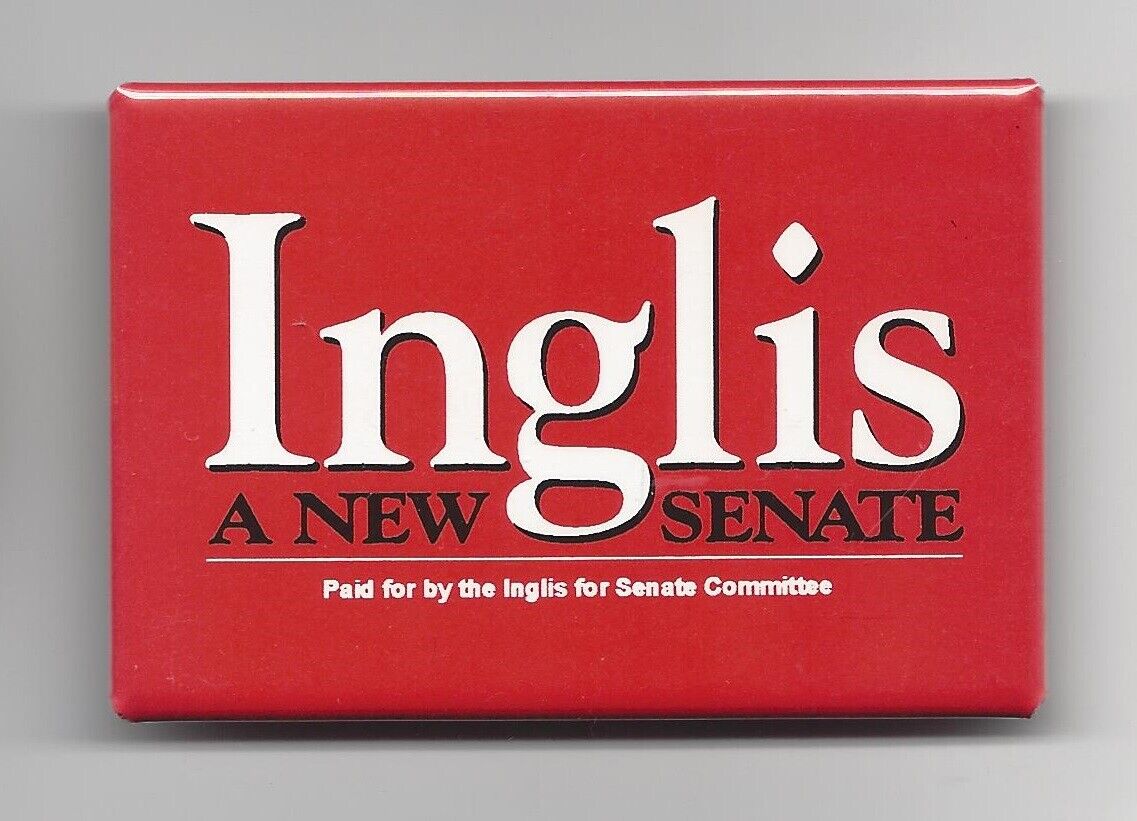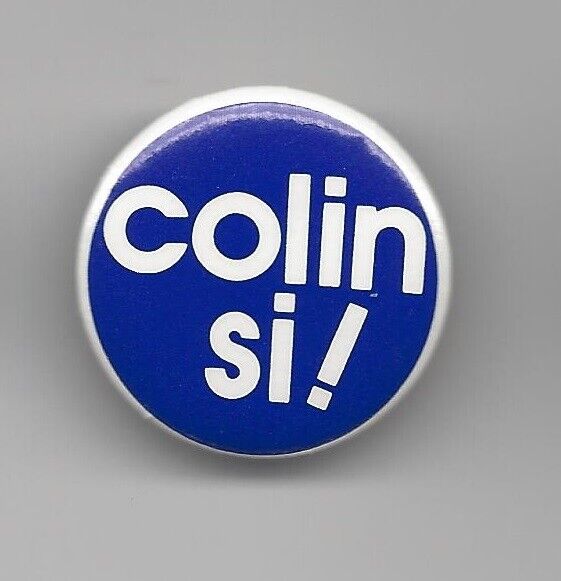-40%
1937 US Senate 75th Congress 2 Chamber Passes Signed by Senator Robert F. Wagner
$ 23.23
- Description
- Size Guide
Description
1937 US Senate 75th Congress Two Chamber Passes Signed by Senator Robert F. WagnerRobert Ferdinand Wagner
(1877 -1953) served as a U.S. senator from New York from 1927 to 1949. Wagner was a strong believer in the social welfare state and sponsored many federal laws that have shaped U.S. law and society. In the 1930s he worked closely with President Franklin D. Roosevelt and helped to implement much of Roosevelt's new deal agenda.
Wagner was born on June 8, 1877, in Nastätten, Germany. With his family he immigrated to the United States in 1885, settling in a New York City tenement neighborhood. He graduated from City College in New York in 1898 and studied law at New York Law School, where he earned his degree in 1900.
Wagner was admitted to the New York bar in 1900 and practiced law on his own for a short time. He then abandoned his law practice to enter democratic party politics. Wagner worked his way up the party ladder and won a seat in the state legislature in 1904. In 1908 he was elected to the New York State Senate, where he soon established himself as a socially progressive leader, investigating industrial working conditions and introducing legislation that sought to use the power of government to improve the lives of blue-collar workers and the poor.
Wagner became a judge of the New York Supreme Court in 1919 but resigned in 1926 to run as the Democratic Party candidate for the U.S. Senate. He won the election and took office in 1927 during the heyday of the "Roaring Twenties." The U.S. economy was at its postwar zenith, and the republican party controlled Congress. Wagner introduced legislation to help organized labor and the unemployed, but his proposals were unsuccessful.
Wagner's political fortunes changed dramatically with the Great Depression of the 1930s
and the election of President Roosevelt in 1932. Like Wagner, Roosevelt believed that the federal government needed to play a larger role in the activities of the national economy and in the lives of U.S. citizens. Wagner helped draft and sponsor the national industrial recovery act (NIRA) of 1933 (48 Stat. 195), which established the national recovery administration to administer codes of fair practice within each industry. Under these codes, labor and management negotiated minimum wages, maximum hours, and fair trade practices for each industry. The Roosevelt administration sought to use these codes to stabilize production, raise prices, and protect labor and consumers.
He is best remembered for the Wagner act, also known as the National Labor Relations Act of 1935 (29 U.S.C.A. § 151 et seq.). The Wagner Act recognized for the first time the right of workers to organize unions and to collectively bargain with employers. The statute also established the national labor relations board to enforce labor-management relations in the United States.
Wagner sponsored numerous New Deal programs, including the Civilian Conservation Corps, the Federal Emergency Relief Administration, and the U.S. Housing Authority, which provided loans for low-cost public housing. When World War II began, the country's attention shifted to international issues, and Wagner's social welfare agenda fell out of favor. He lobbied unsuccessfully for a national health care system and for anti-lynching legislation.
Wagner resigned from the Senate for health reasons in 1949. He died on May 5, 1953, in New York City. In 1954 his son, Robert F. Wagner Jr., was elected mayor of New York City and served until 1965.









